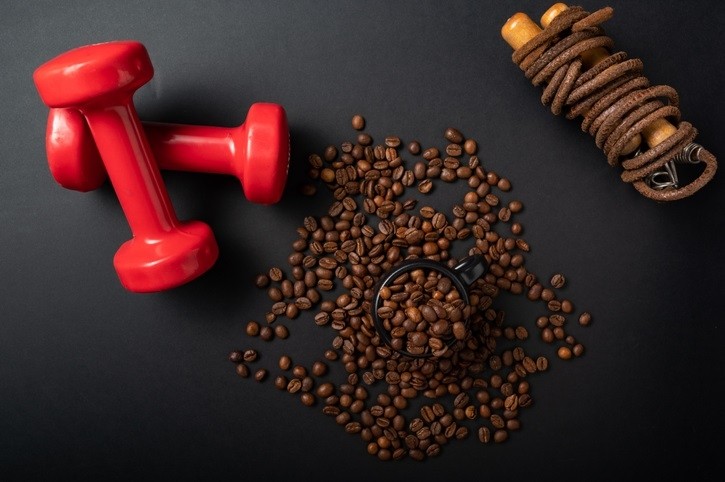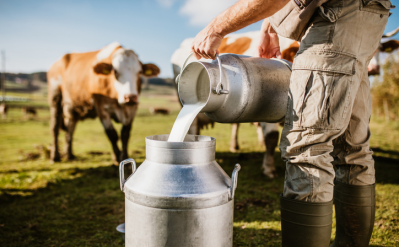Sports foods impact: Limit total caffeine to a maximum of 200mg per day – Australia / NZ regulator

This follows its findings that individuals who regularly consume sports foods with added caffeine are under increased health risk.
As such, FSANZ has proposed to introduce a new permission for adding caffeine to Formulated Supplementary Sports Foods (FSSF).
Specifically, it proposes to permit total caffeine in FSSP up to a maximum of 200mg in a one -day quantity. New product labelling will be needed to display such information.
“This would mean that a consumer using a FSSF as directed on the label may consume a maximum of 200 mg total caffeine in one day from a single serve or through multiple serves of that FSSF, subject to the total amount of caffeine in a serving.
“In conjunction with the mean caffeine intake from all other general food sources, total caffeine intake is not expected to exceed the recommended maximum daily limit of 400 mg/day for consumers who are using FSSF to support their increased dietary requirements.
“Such an intake is considered safe and consistent with the intended purpose and the Code’s definition of FSSF,” FSANZ said in its proposal.
It added that this proposal recognized that FSSF were special purpose foods that were specifically formulated to assist sports people in achieving specific nutritional or performance goals.
“The one-day quantity also provides certainty to FSSF manufacturers and enforcement agencies, allowing for product innovation and ready identification of non-compliant products,” it said.
Prohibition
At the same time, it proposed to prohibit the addition of caffeine to foods for retail sale.
This prohibition, however, would not affect the existing arrangement of allowing caffeine in specific products, such as cola-type drinks, formulated caffeinated beverages (FCBs).
The existing rule for allowing caffeine-containing foods to be added into other foods, such as adding coffee or chocolate to a cake or confectionery, will also not be affected by the proposed prohibition.
“The express prohibition on the addition of caffeine to other foods is based on ensuring safety for consumers. This approach recognises that caffeine is a substance that has maximum safe daily intake recommendations, which vary depending on age and population group.
“Should food businesses wish to add caffeine to other foods, an application could be made to FSANZ to amend the Code,” FSANZ said.
The proposal is opened for public feedback until February 13, 6pm Canberra time.
Safety assessment
Based on its safety assessment, FSANZ concluded that habitual, moderate consumption of caffeine in foods is safe at up to 400mg per day for adults.
Single dose of caffeine at over 210mg per serve, however, is associated with adverse health effects, including increase in blood pressure, the release of catecholamines or adrenal hormones in blood plasma, and anxiety. These could in turn lead to more serious heart issues such as heart rate faster than normal, abnormal heartbeats in the lower heart chambers, or seizures.
National nutrition surveys also showed that 87 per cent of Australians and 93 per cent of New Zealand adults consume caffeine.
Up to six per cent of adults had a caffeine intake that exceeded the recommended maximum safe levels.
“It follows that the risk is increased for those who regularly consume sports foods with added caffeine.
“Research from Australia and New Zealand suggests that sports foods consumption is also no longer limited to athletes. Therefore, proposed regulatory measures for sports foods, or more precisely FSSF, must take into account the safety and suitability of caffeine consumption by the general population,” FSANZ said.


















